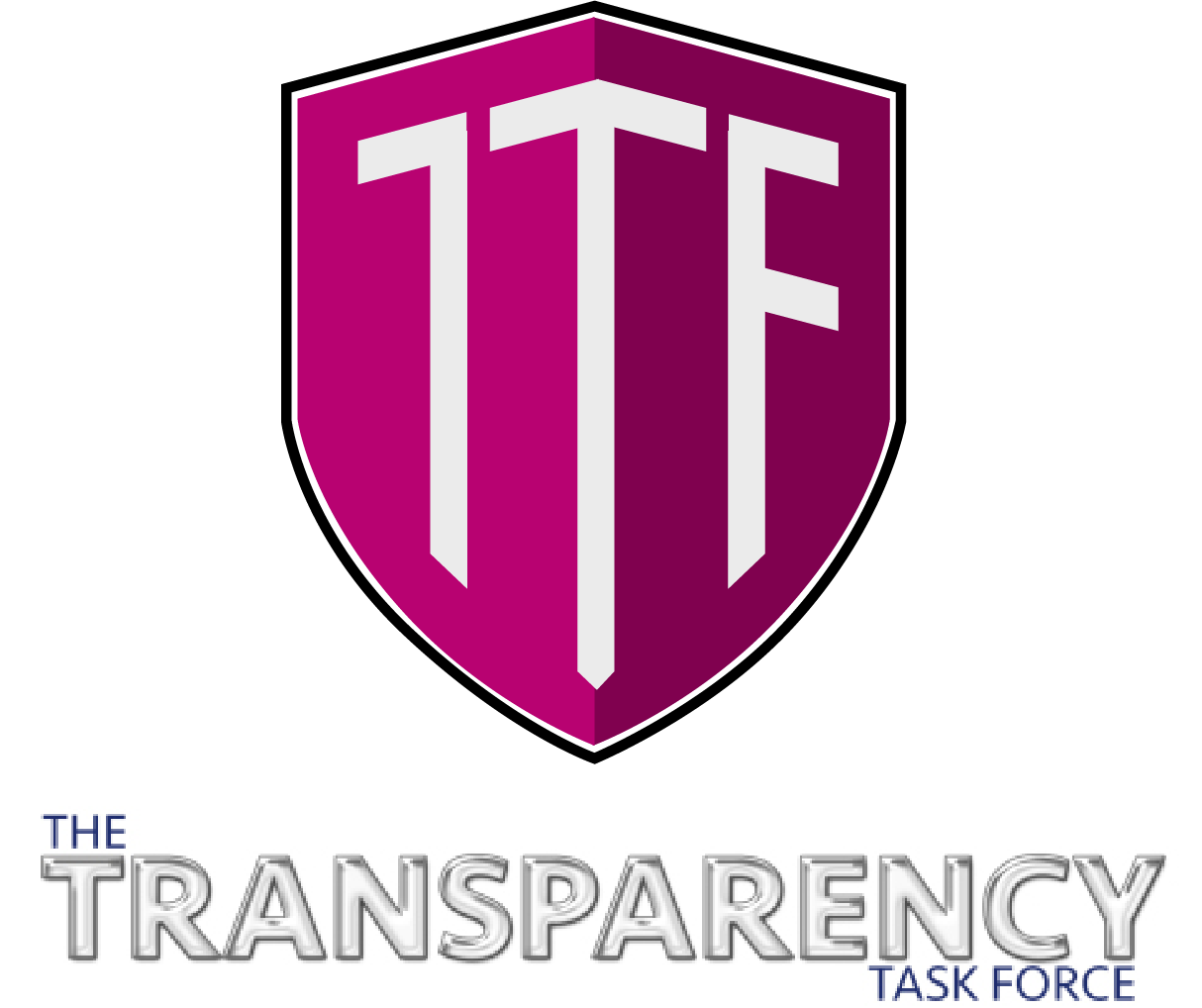Fixing the Governance of the Financial Services Sector. What is it going to take?

TLT Solicitors LLP, 20 Gresham Street, London EC2V 7JE
The overall purpose of this symposium is to shine a bright light onto the importance of driving up the overall quality of governance, transparency and the moral/ethical conduct within the financial services sector; and to explore ideas for making that possible. We already know that the financial services sector as a whole has a significant reputation problem - the key takeaway from the Edelman Trust Barometer is “…at 57 percent trust among the general population, financial services remain the least-trusted sector measured by the Trust Barometer.” …and that’s obviously a major issue for a sector that has to be trusted to function successfully. Clearly, the many and often serious governance failures that have occurred over the decades have contributed to the financial services trust deficit; and the evidence indicates that this is a problem that is not going to fix itself. In addition, we have seen some less than best practice governance within the sector. If the financial services sector is to flourish and serve society as it should, something needs to change. But what, exactly? Some argue that radical reform is needed, deep into the heart and mindset of corporate governance Some suggest that fundamental questions such as “what is the purpose of an organisation and how has it changed over time?” need asking and answering before real progress can ever be made Some believe that the approach to regulation needs a root-and branch overhaul; that its fundamentally flawed, outdated and needs to catapult the system and industry back up the trust barometer Some believe that capitalism in its current form can never be trusted to serve society, arguing that ‘serving society’ has never been the purpose of capitalism… …whilst others suggest that relatively minor changes could make the big difference that’s needed. We think this is going to be a must-attend event for progressively minded professionals in any of the related disciplines and professions including those in: Governance Risk Compliance Legal Regulation Audit Trusteeship Custodianship Stewardship General Counsel Whistleblowing …plus, senior Executives from relevant trade bodies, professional associations, societies and so on. Obviously, we don’t think any one person or organisation has all the answers; but we also think that all answers are worth listening to, so if you’ve got a point of view, this is definitely an event for you. That’s because our symposium is going to create a first-class opportunity for a wide range of stakeholders interested in the prudent governance of the financial services sector to deal with topical questions, such as: What are the root causes of the extensive governance failures in the financial services sector? – and if known, how can they be remedied? What difference is the Senior Managers & Certification Regime going to make? Is a more robust review required; similar to what is necessary in the medical profession? Some say the Regulators have been reluctant to use their powers in this area; if that’s a reality, when and how will it change? How effective has financial regulation been so far? Is the apparent increase in the frequency of failure a reality or just a perception? Regulators are often criticised for being “behind the curve” and “always putting out the last fire.” What more can the regulators do to anticipate trends and become more proactive? Given the achingly long times it has taken regulators to deal with, for example LIBOR, RBS GRG, PPI and so on, the evidence seems to suggest they are operating under constraints. Do they have the capabilities, resource and powers they need to be fully effective? Should the regulatory framework be based more on outcomes rather than processes? What can be done to create a commercial dividend to good governance? Is “regulatory capture” or fear of "regulatory capture" part of the problem? Is excessive leverage creating commercial pressures that are part of the root cause of the malpractice that is problematic for governance to wrestle with? What are our potential hopes and concerns regarding the new “Audit, Reporting and Governance Authority”? – will it work better than the Financial Reporting Council? How much is its success dependent on further reform of International Financial Reporting Standards? Is it a fundamental flaw that we do not/cannot measure the quality of an audit? Can initiatives such as Long Finance’s proposal on Confidence Accounting be the substantial step forward that is needed? What changes to the way the sector is regulated would we want to see so as to trust it again? – and who should be writing those new rules? Are there legitimate concerns about deficiencies in the Financial Conduct Authority's Regulatory Perimeter? - some believe deficiencies in the regulatory perimeter are exacerbating scams How strong is the correlation between poor governance and a general lack of accountability? To what extent are flawed incentive structures to blame for poor conduct and ineffective governance? Does the regulator need to take a fresh look at the issues including conflicts of interest in relation to independent fund governance responsibilities, ACDs, Trustees, Directors, Depositaries and so on. What do we actually want the financial services sector to deliver? What governance structures are most likely to deliver that? Does the way that boards are typically constructed mean they are fundamentally conflicted with achieving good governance because their purpose is effectively to maximise profit in the short term? Is it time for the mutual sector to really take the lead on multi-stakeholder engagement and corporate governance? To what extent has financial regulation reinforced the existing dominance of financial services by a few large (too big-to-fail?) organisations? If culture is part of the problem, how can it be “managed?” – possibly, through reforming the various systems that create the culture within organisations? Is it ever going to be possible to manage conflicts of interests? Have some of the steps that have been taken actually had adverse unintended consequences? What role can values-based leadership play in driving the change that’s needed Do Fintech, Blockchain and Central Bank currencies have a part to play? Can they help to provide greater visibility and transparency on key governance data; and to share that data with relevant stakeholders, ideally in real time? What should be on the new regulatory agenda for better governance to address the rapid development of robotics, machine learning and ultimately artificial intelligence in financial services? Is crypto part of the solution too? – or is at as some believe riddled with a culture of kleptocracy? What can be done to advance the cause for organisations having more of a multi-stakeholder perspective to their purpose? What role is there for user boards and similar entities with real influence and an authentic pro-consumer agenda to boost engagement and as a consequence governance? How might the proposals for a Controller for Banking and Professional Complaints Regulator help create a far more robust governance and regulatory framework? Are social enterprises needed to properly serve vulnerable consumers and those on low incomes, who might otherwise always be at risk of dealing with unscrupulous organisations with a “profit before principles” mindset? Does the voting system at AGMs actually work? - is a lack of authenticity and diversity at AGMs part of the problem? Are the votes in the hands of the right people, i.e. the asset owners and end beneficiaries rather than “institutional agents” Whistleblowers have a key part to play in the overall governance framework but are often fearful of stepping forward with what they want to share, because of the high risk of personal consequences. What more can be done to better protect and support whistleblowers? For example, should there be more facilities and options to report anonymously? Is the idea of incentivising whistleblowing too radical a step; and if not, could it actually work? Have the regulators been sufficiently firm with those individuals and organisations known to have harmed whistleblowers? Is there any evidence that the Courts have been weaponised and that the Insolvency Service is not functioning as intended? - are people being made wrongly bankrupt? Is a new independent body needed to provide governance and oversight of this part of the market? Are senior leaders presently able to benefit privately when times are good but socialize losses when they turn sour? How much of the problem is due to a lack of independence among corporate directors, external auditors, rating firms and others? How can we better-align corporate governance with sustainability? Ultimately, are all extrinsic efforts through regulation always destined to fail? Is what is really needed a values-based, intrinsic approach? If so, how can the kind of cultural transfusion that would be needed become possible? Does the competition prerequisite for capitalism to work in the interests of consumers break down at the point that market over-concentration forms? Do we need stronger pro-competition policies to ensure the free market works not just efficiently but also fairly? How can we ensure all externalities are properly priced in? For example, if government provides explicit or implicit guarantees, why should they not be charged for? How can we ensure all "stewards" have sufficient skin in the game? Have Non-Executive Directors been performing the role they should have been? How empowered are investors in challenging boards? What should an effective Board look like? Given the fact that in financial services even minor “errors of judgement” and intangible weaknesses in culture can bring about calamitous financial and reputational consequences; and that it is not possible for the Board to properly “look through” the entire organisation, can it be argued that the extremely large financial services organisations are simply too large and too complex to be governable? Asset Manager Remuneration; does the FCA 2017 Code go far enough? Are Asset Managers good enough stewards? Do iNEDs herald genuine cultural change in fund boards or, outnumbered, are they likely to perpetuate the status quo? Does any financial jurisdiction have the high ground on governance today? Is the unit linked industry (insurers) and platform providers doing enough on fund governance? Is a New Duty of Care Bill needed? Noting the FCA/BoE review and in relation to Liquidity Suitability - what needs to change in open ended funds and fund investors? ...and more.
Details
Costs: £245 exc VAT - for price reduction please get in contact
Event type: Conferences and congresses
Registration information: See link
Event website: https://www.transparencytaskforce.org/upcoming-events/london-5th-february-2020/
Posted by: tina Kenyon



